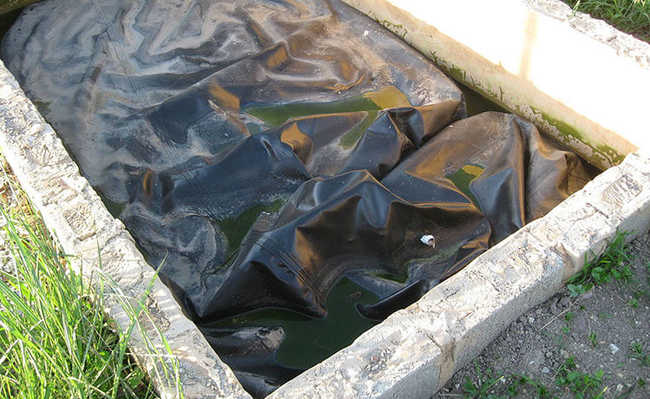Benzene: what it is and its dangers
Benzene is a carcinogen present in the environment in which we live

sippakorn yamkasikorn image on Unsplash
benzene (benzene in English) is a colorless, flammable liquid with a sweet aroma. In contact with air, it evaporates quickly. In nature, benzene is released by natural processes such as volcanism and burning, but most of the benzene release comes from human activity.
A constituent of petroleum, benzene is widely used in chemical laboratories, as a raw material in the chemical, petrochemical, petroleum refining and steel companies. It is also found in gasoline, cigarette smoke and for the manufacture of other compounds, such as plastics, lubricants, rubbers, paints, detergents, medicines and pesticides.
How are we exposed to benzene?
The greatest exposure to benzene occurs in the workplace, by workers in the chemical and petrochemical industries. However, exposure also occurs through the environment and the use of some products.
Benzene is closely linked to oil production, refining, transport and storage processes. For this reason, populations living around petrochemical industries are more exposed to benzene due to air pollution. Also because it is found in gasoline (oil-derived), benzene is released into the atmosphere by motor vehicles. Therefore, the greater the use of internal combustion vehicles, the greater the release of benzene into the atmosphere.
Benzene is also found in public water supplies and in some food products. For publicly supplied water, the World Health Organization (WHO) sets a limit of 10 parts per billion (ppb) of benzene. In the United States, this limit is 5 ppb, and in the European Union it is 1 ppb. In Brazil, ORDINANCE 2914/2011 set a limit value for benzene of 5 µg/L (microgram per liter).
In food products, particularly soft drinks, the National Health Surveillance Agency (ANVISA), after reports from PROTESTE that identified several brands of soft drinks with high values of benzene in their composition, issued an opinion asking for the modification of the formula of some soft drinks to decrease in benzene contamination.
Another factor is smoking. According to the Ministry of Health, cigarette smoke contains several substances that are harmful to health, including benzene.
What are the risks of benzene?
Benzene is a carcinogenic compound. In addition, studies show that people exposed to benzene can develop myeloid leukemia - a type of leukemia that is linked to poor red cell formation within the bone marrow.
The International Agency for Research on Cancer (IARC), the National Toxicology Program (NTP) and the Environmental Protection Agency (EPA) classify benzene as a carcinogen and there must be specific regulations for this compound. Other studies also indicate benzene as an endocrine disruptor, which can alter the body's natural hormonal regulation.
OSHA, the US federal agency responsible for health and safety regulation, limits exposure to benzene in the air, in most workplaces, to 1 ppm (part per million) during a workday. When working with potentially higher exposure levels, OSHA requires employers to provide personal protective equipment such as respirators. The EPA limits the average percentage of benzene allowed in gasoline to 0.62% by volume (with a maximum of 1.3%).
What other effects can benzene have?
Inhaling high concentrations of benzene for a short period of time can cause drowsiness, nausea, rapid heart rate, headache, tremor, mental confusion, and unconsciousness. Ingestion of foods and beverages contaminated with high levels of benzene can produce vomiting, stomach irritation, nausea, drowsiness, convulsion, rapid heartbeat, and death. Long-term exposure can result in bone marrow depression.
How to limit exposure to benzene?
If you are concerned about benzene, there are a few ways to limit your exposure to this substance. At work, make sure there is no risk of exposure to benzene. If there is any risk, always use safety equipment in accordance with company standards. OSHA provides more information on the topic:
- Stay away from cigarette smoke - if you smoke, try to quit. Cigarettes contain many substances that are harmful to health;
- If possible, try to limit time near vehicles and gas stations. If you walk to work, look for routes that are far from vehicles and that are more wooded;
- Try to consume less industrialized products, such as soft drinks - instead, opt for natural juices, in addition to being safer they also have vitamins and minerals necessary for our health;
- Benzene can also appear in solvents, paints, lubricants, detergents, food products and pesticides.
Finally, always stay tuned about harmful chemicals, what they are and where they are found. O eCycle portal has a list of substances found in products harmful to health.










